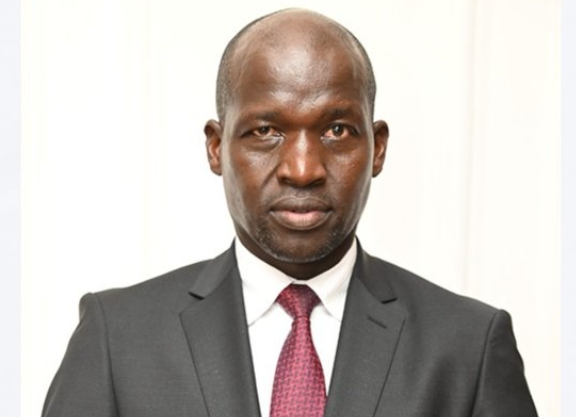Silas Kibet Simatwo, a prominent figure in Kenya’s insurance sector, has emerged as a central character in recent government appointments and large-scale contracts.
Simatwo is the majority shareholder of Amaco Insurance, a company with massive influence and close ties to high-level government officials, including President William Ruto.
Under Simatwo’s leadership, Amaco has consistently secured lucrative contracts with various public entities, strengthening its foothold in the industry.
For example, the company has won tenders to provide insurance services to institutions such as Kirinyaga University, Nairobi County, and Mandera County, among others.
Simatwo’s recent appointment to chair the Digital Health Authority (DHA) has raised questions due to his strong affiliations with government-linked projects.
The DHA, a key institution in Kenya’s push toward universal healthcare, oversees digital health initiatives, making this role critical in shaping Kenya’s health sector.
Observers note that his leadership could be seen as advantageous for Amaco, given the potential for aligning healthcare contracts and insurance partnerships through his position.
A notable example of Amaco’s recent success under Simatwo’s oversight is a KSh 10.4 billion contract with Safaricom.
This deal involves setting up an extensive IT infrastructure system, marking one of the most major public-private partnerships in Kenya’s technology sphere.
This collaboration with Safaricom, one of Kenya’s largest telecommunications firms, further demonstrates Amaco’s reach and influence in securing high-stakes projects, particularly those that intertwine with the government and influential corporations.
Such alliances highlight the benefits Amaco reaps through strategic appointments and government connections.
Critics argue that these developments highlight a potential conflict of interest, as figures like Simatwo continue to hold dual roles in both private enterprise and government institutions.
The overlap between Amaco’s commercial gains and Simatwo’s public office raises concerns regarding transparency and fairness in contract allocation, especially when those contracts appear to favor companies with close ties to government officials.
These connections, critics say, may undermine the principles of competitive tendering and merit-based appointments that the government has pledged to uphold.
Simatwo’s influence within both the public and private sectors underscores a broader issue within Kenya’s governance structure, where business leaders with political connections are often positioned in roles that could facilitate mutual benefits.
While these partnerships can drive progress in areas like healthcare and infrastructure, they also draw scrutiny over potential conflicts of interest and the equitable distribution of government contracts.





















Add Comment